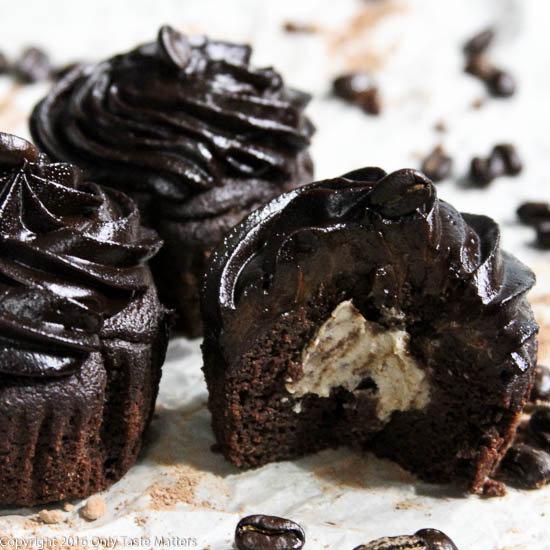
Hiya.
My name is Elle Kirschenbaum and I live in NYC. I took an interest in baking a few years ago much to the delight of my husband and his co-workers.
I’ve had many careers over the past twenty years including graphic designer, internet marketer, store owner, and online merchandiser. I grew up in Philadelphia but have lived mainly in NYC since graduating college with an art history degree. I spent a few months living in Paris after the internet bubble burst, but decided I preferred the Big Apple.
About four years ago, my father and bestie simultaneously went on gluten-free diets. An odd coincidence I must say. Since I have had a lifetime of digestive problems, I thought “why not give it a shot?” From it I learned the following:
-
I do not have celiac disease,
-
Nor does my father.
-
My bestie does have celiac disease and a gluten-free diet has produced some dramatic changes for her.
-
When I eat gluten, I experience incredible fatigue. Really, I feel drugged. So clearly I, like 18 million other Americans, have a gluten sensitivity.
-
Most gluten-free baked goods on the market suck.
This little experiment took me into the world of gluten-free and I can honestly say it makes no sense. I found myself constantly asking questions. For starters, why do all the bakeries with gluten-free goods make them vegan also? What on earth do gluten-free and vegan have do with each other?
Other than a loose relation of putting them both in a category of “people who are health conscience,” there is no connection. And who’s to say just because you are vegan or gluten-free you are health conscience. Maybe you are just concerned about animal cruelty or have the misfortune of having celiac disease.
So I became obsessed with righting what I perceive as wrong and that brings us to today. This blog is about baking with gluten-free flours but not about ever having to compromise on taste. Not even a little bit.
In fact, I will go as far to say that using certain gluten-free flours will actually make your baked goods taste better than if you made them with wheat flour. What? That’s not possible? Oh yes it is. You’ll see.
What I learned about gluten-free baking…so far
Gluten-free baking is pegged as the ugly step-sister to traditional baking. A mentality seems to have developed where baked goods are considered “good for gluten-free.” I’m thinking this attitude evolved out of a combination of frustration and practicality.
There really aren’t guidelines out there telling you how to bake gluten-free well. And let me tell you, it is hard, really hard, to make gluten-free baking taste like traditional baking.
It takes a lot of research and honestly, you spend a lot of time and ingredients trying out what is already out there. Add that to the time you spend trying to re-create the wheel and you can see why companies and people just say enough is enough, it is “good for gluten-free.”
Well, I am here to tell you that most, not all, but most of the “guidelines” out there are not pointing you in the right direction (Read Fact or Fiction: Gluten-free Cake Baking). The internet is filled with recipes that claim “you’d never know it’s gluten-free,” but way too often, you do. The result always has one or several of the characteristics that plague gluten-free baked goods.
- Chewy
- Heavy
- Crumbly
- Oily
- Leaves an aftertaste
I have spent the last year and a half addressing these problems in mostly cakes and sometimes cookies. What I have realized is that it is naive to expect an all-purpose mix to work great in all situations.
Gluten-free bakers fall somewhere between home bakers and professional chefs. Pastry chefs use cake and pastry flour, bread bakers use bread flour, etc. I have developed four flour mixes to date.
Two “all-purpose” flours (which really are not “all-purpose’), one cake flour and a one nut-free version. Next, I will be tackling pastry flour and all the yummies made with it. But being the perfectionist that I am, I will not release a pastry flour mix or gluten-free pie crust until it meets my standards. Stay tuned!


8 thoughts on “About Me”